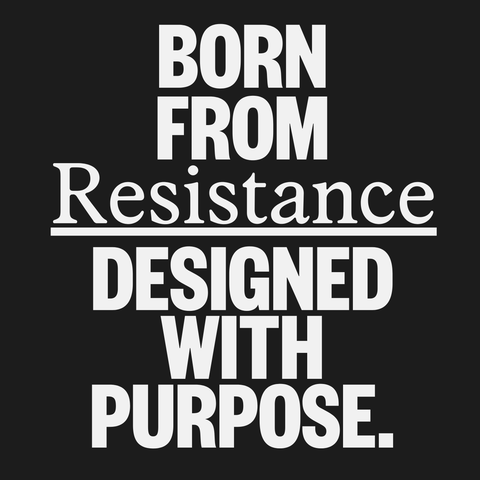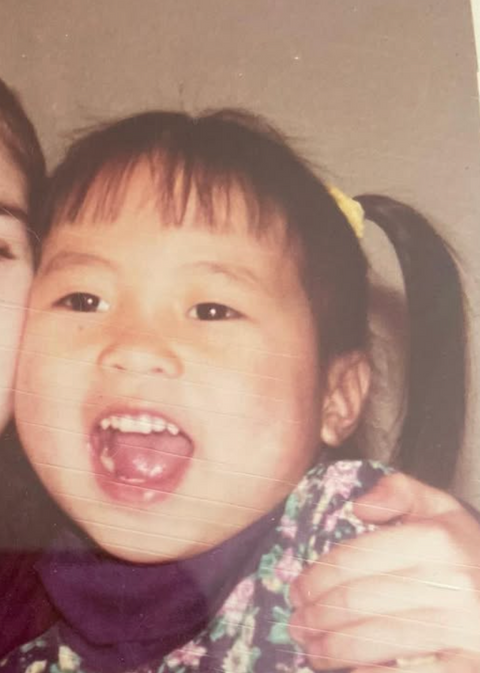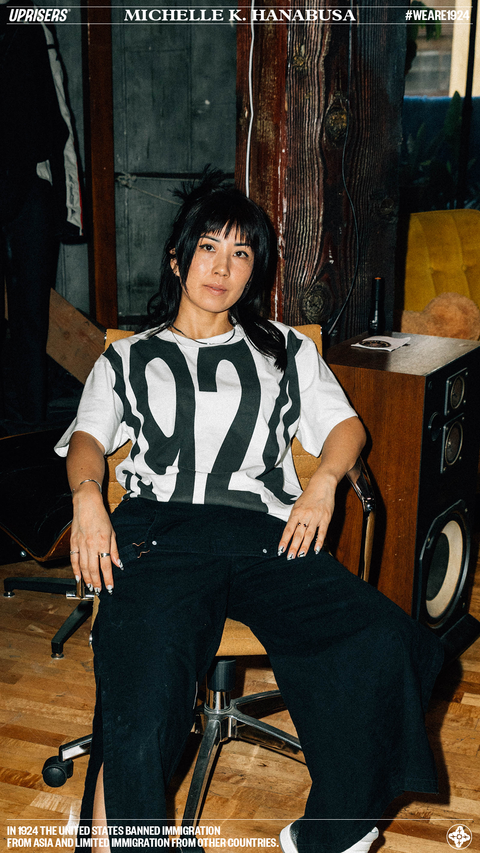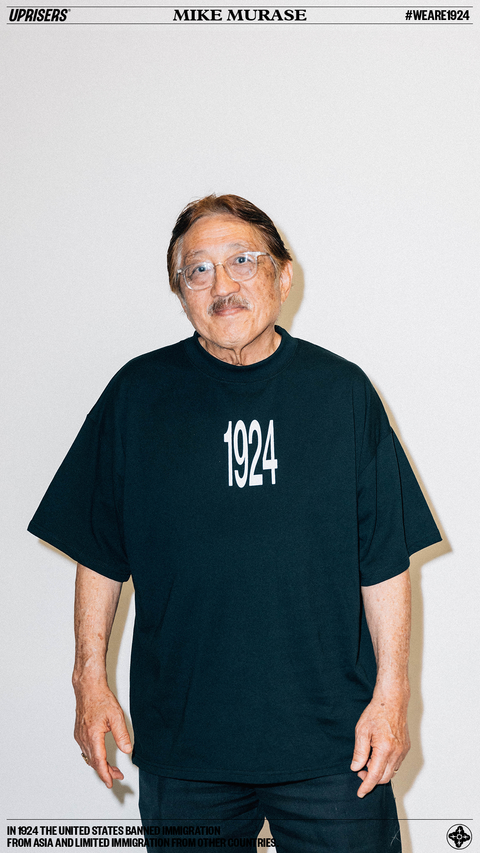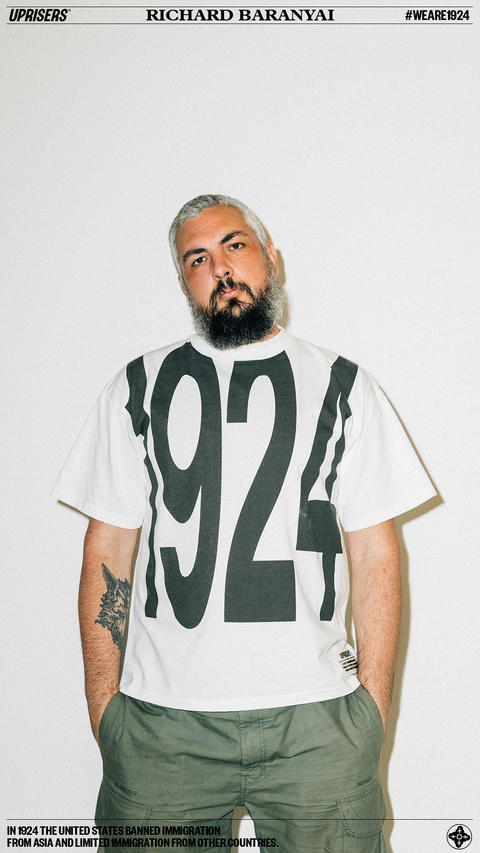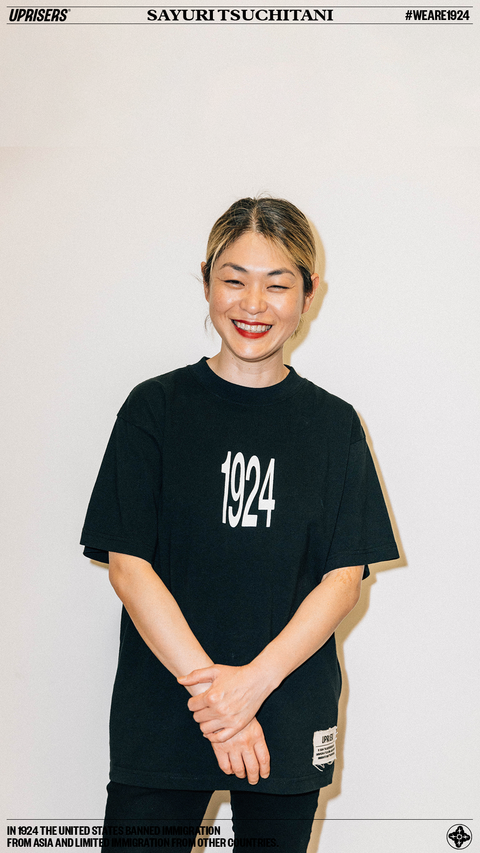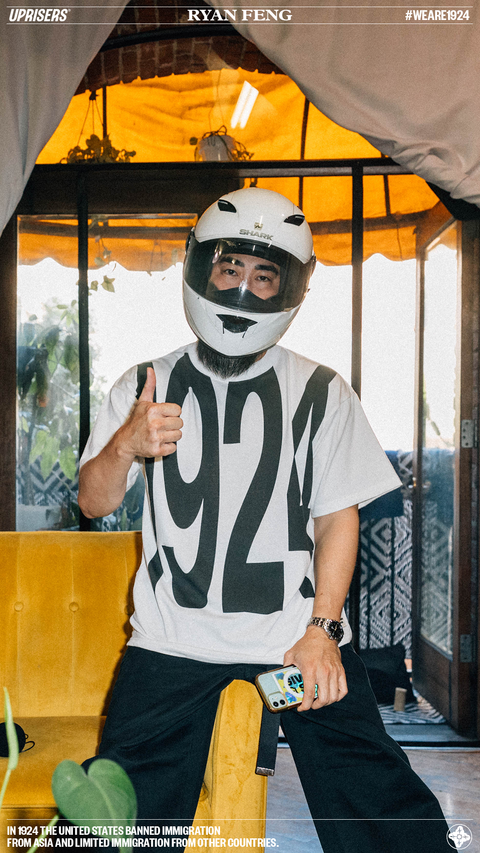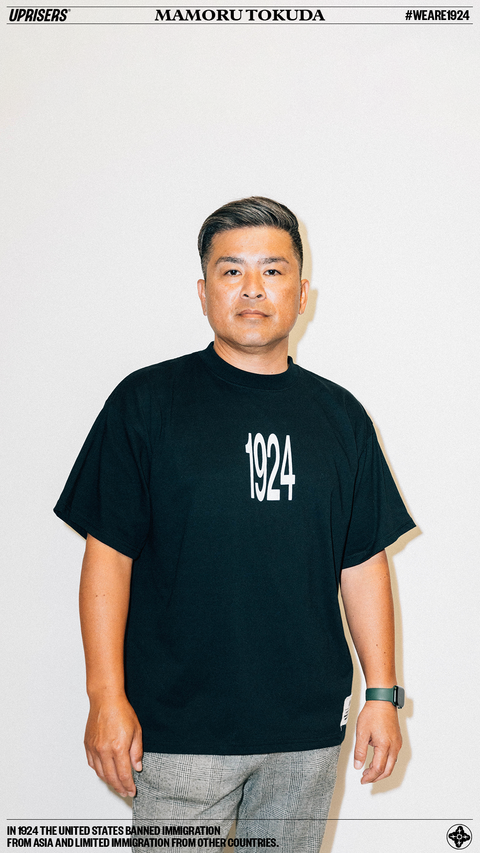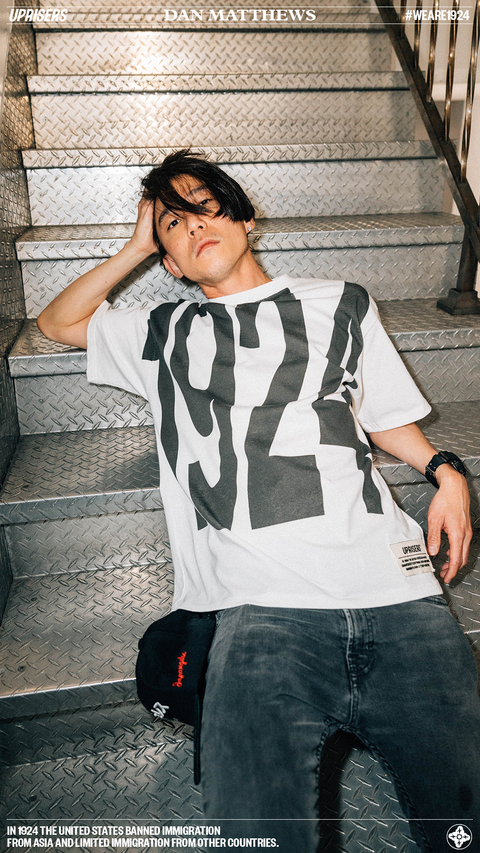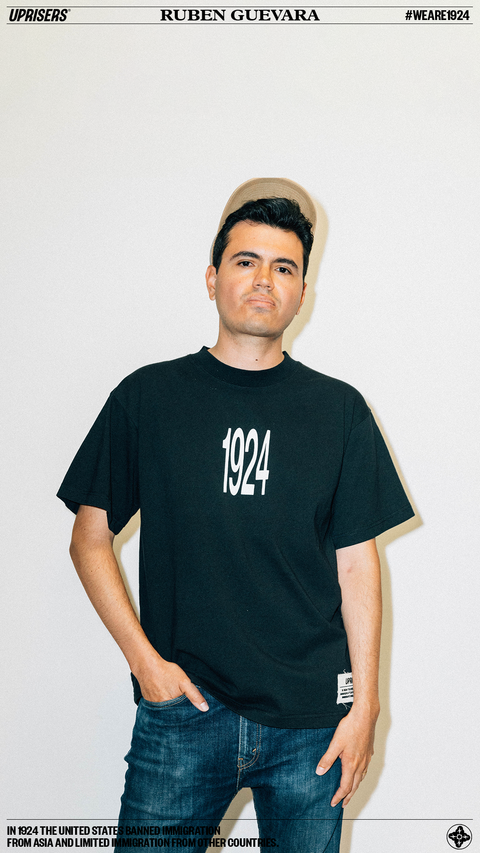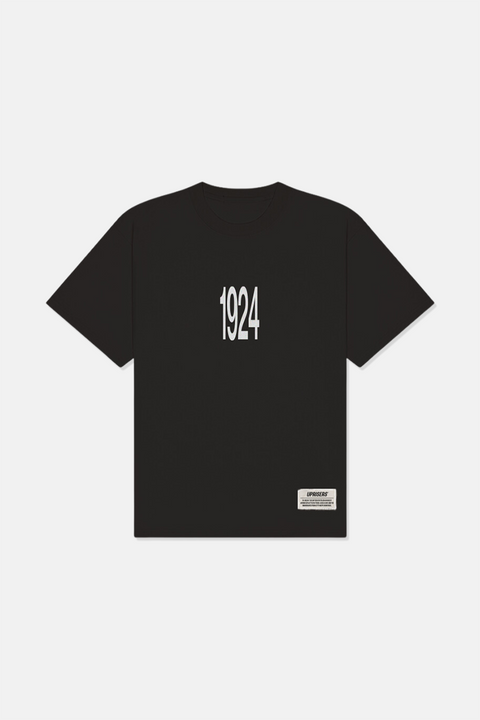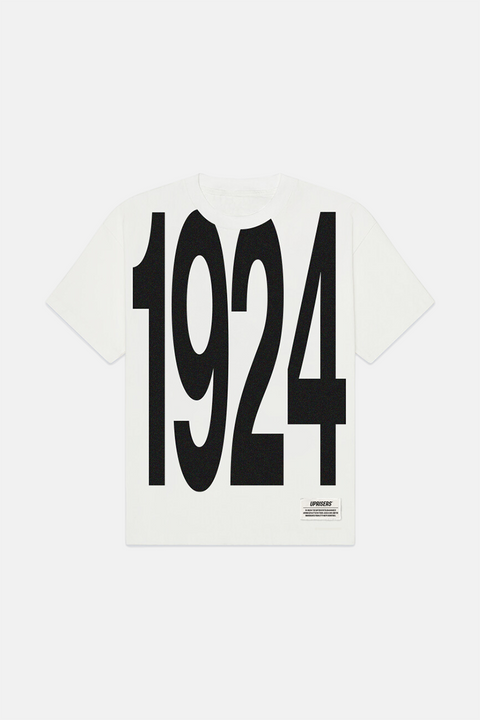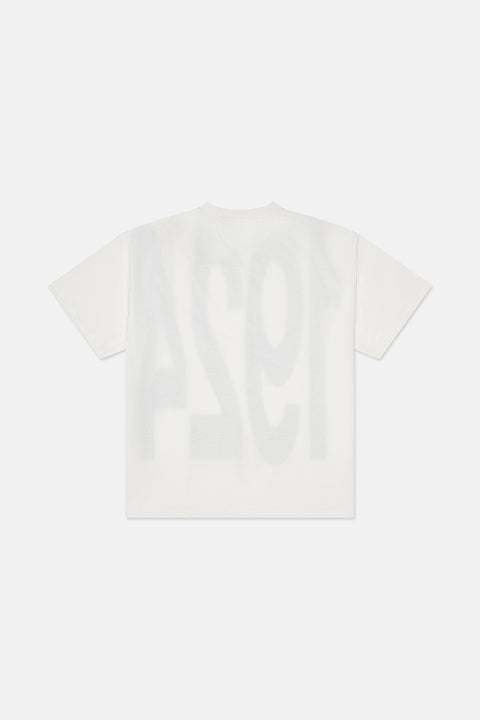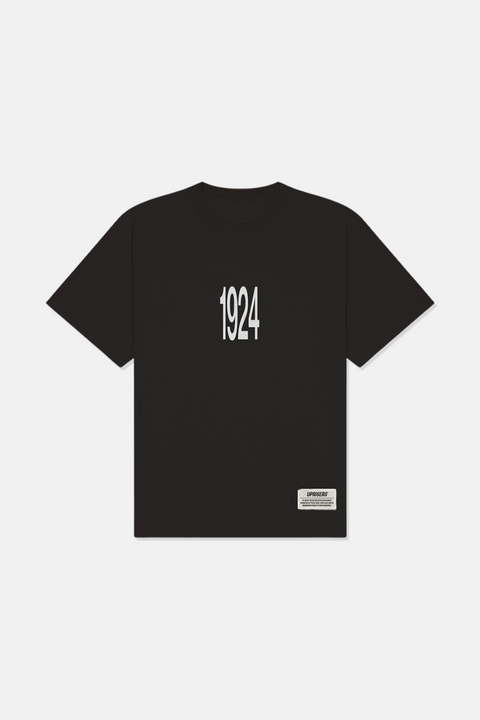
WHAT IS YOUR IMMIGRATION STORY?
Mariko Lochridge is a small business advocate.
My dad's side of the family can actually date their history to predate the United States of America. And they're very proud of this fact. My dad's family originates from a place called Prussia, which actually no longer exists, but today would be considered the area of Germany. They immigrated to the United States before the United States was even the United States. And I am actually considered to be a dar or a daughter of the American Revolution, which means my ancestors actually were a part of the American Revolution fighting for the independence of the then collection of US American colonies that were fighting for the independence from England. Eventually my father's family made their way west, ended up in Texas, and became farmers, invested in oil, and little by little over the centuries moved away from Texas and now my dad's family is spread all over the United States.
My mom on the other hand is from Japan. She briefly lived in the United States while she was married to my father and she moved to the United States on a K-1 fiancé visa which basically doesn't exist anymore and married my father and lived in Buffalo, New York.
For me, while I was born in the United States and have lived in the US for about half my life, I always think of myself as a "kibei", which means that I returned to the United States after living overseas. So, when I was 15, I moved back to Japan, and I was living with my mom. When I was 15, I moved back to Japan, and I was living with my mom's family. And as a mixed-race person, I actually had to start over from scratch because I didn't use Japanese at all during the 10 years I had been living in America. And so, I entered into a public Japanese school and had to become Japanese at the age of 15, while also navigating my own identity as a mixed-race kid living in a country like Japan. It was a wonderful experience. I had a great high school and amazing university.
After completing university, starting my career, working in entertainment, later journalism, I was advised by some of my mentors that I should try and make it in the United States because the U.S. was still viewed as being one of the most powerful nations in the world, but also one of the most competitive when it came to career tracks. And so, they told me that if I worked the United States and I wanted to come back to Japan, not only would I probably be able to get a higher pay raise, but I would also be able to be in a higher position, especially as a mixed-race female. So, I had the opportunity to start working in the US for Reuters, and then later I started working for a Japanese broadcaster, and then eventually in 2018, I repatriated or immigrated to the United States via California. Moving to California as an adult in my 30s after having lived overseas for such a long time was the most difficult life transition I've ever made. I never ever thought it was going to be so hard for me as a U.S. citizen and native English speaker to navigate living in America as an American. I faced so many challenges with the health insurance, understanding taxes, searching for a job, credit scores, lots of things that didn't exist in Japan. And in so many ways, I felt like I was experiencing a very small part of the immigration experience that many other non-citizens go through every single day.
WHAT DOES YOUR CURRENT JOURNEY LOOK LIKE?

When I was a kid, I really, really wanted to be an astronaut. And then I found out that you need to have good vision. And I had Coke bottle glasses by the time I was eight years old. So, then I really, really wanted to be a librarian because I loved reading books. But also, as someone who had already lived and traveled around several countries by the time I finally came back to a city like Buffalo, New York. I knew that there was more out there and there were all these great stories. I often credit LeVar Burton for all the things I wanted to do in my life because he was the star of Reading Rainbow and Star Trek Next Generation and these shows which are some of the only TV shows I was allowed to watch as a kid, had a huge impact on my life because they were stories about people in different galaxies or different neighborhoods and I felt like when I was learning about these places I was also learning about myself. And so, for me as someone who used to be a journalist and now as a small business advocate who shares the rich stories of our communities and neighborhoods.
REFLECTIONS

For me, the impact that I hope to have on American history is through the lens of small business. I want to show that there are so many different kinds of American stories and versions of the American dream that don't have to be focused on this highly Western European descent image of the Carnegie's and immigrants like that who built their wealth pre-World War II in a very different kind of society. I think that one of the amazing things about working with the Nikkei diaspora and other Asian ethnic enclaves in Los Angeles is that there's such a diversity of experiences from refugees to coming from a countryside town in Japan to being from a well-off family in France and so on and so forth. And for me, what I'm really hoping to be a part of and do is contribute to sharing stories about American immigration through the lens of small business, in particular with our Nikkei diaspora. And if I can do that, I feel like these stories resonate with more and more people that will create built-in protections for our small businesses as the relationship deepens with businesses in the Nikkei diaspora and our ethnic enclaves like Little Tokyo.
My story might not live on, but the stories of our small businesses hopefully will."
— Mariko Lochridge, a small business advocate.

